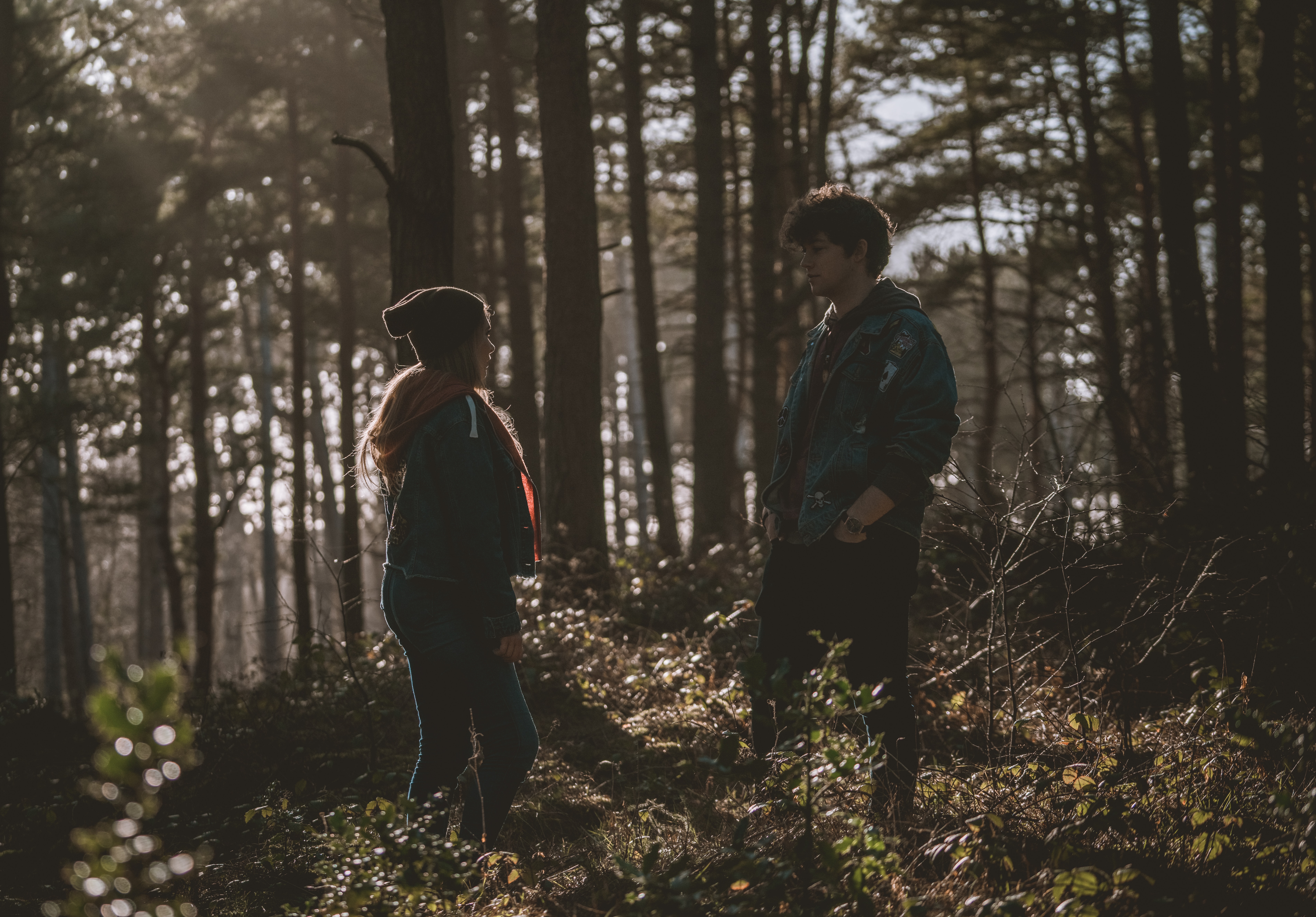
Time To Talk Day 2020 - The Mental Health Benefits of Camping
Did you know that in the UK, one in four people will suffer from a mental health issue in any given year? Mental illnesses constitute a major public health issue, yet many people are still uncomfortable opening up about their struggles or don’t know how to reach out to someone they think may be experiencing mental health issues.
As February 6th is Time To Talk Day, an annual event aiming to get people to talk more openly about mental health, we thought we’d dedicate today’s blog post to talking about how spending time outdoors doing something you love can help alleviate the symptoms of many common mental health ailments. We’ll also give some you some helpful tips on how to start an honest dialogue about mental health with someone you care about.
The many health benefits of spending time outdoors
It’s no secret that spending time out in nature is good for us. After all, we didn’t evolve to spend most of our time indoors, sitting at a desk or on a sofa, vegging out in front of the latest Netflix show. So it makes sense that when we’re struggling with our mental health, hitting the refresh button by getting outside can be hugely helpful.
Studies have shown that spending time in nature can lead to reduced feelings of stress and anger, improved mood and an increased feeling of relaxation, among many other things - it could even help with managing pain! The health benefits of nature are large enough that many mental health practitioners now recommend their patients try “ecotherapy” where people take part in group outdoor activities led by a professional ecotherapist, helping them to enjoy nature while they contribute to something like conservation on gardening.
Whether it’s going for a gentle walk around your neighbourhood park or setting out for a few nights on a glamping site, taking some time to pause, reflect and soak in the beauty of nature - not to mention that precious vitamin D - can help you feel a whole lot better.

Why go camping
If you struggle from a condition like anxiety, depression or chronic stress, you’ll likely know that when times are tough, it's easy to lose interest and motivation when it comes to the activities we used to love. That’s why it’s such a good idea to make a conscious effort to engage in these activities even if you don’t really feel like it - while obviously respecting your boundaries. This will help you feel like you’ve accomplished something, however small that something might be.
If you enjoy spending time out in nature doing something like hiking, biking, photography or fishing, planning a few days away can be a great way to make sure you take some time out for yourself to engage once again in the things you love. Alternatively, trying something new can give you a self-esteem boost and create new, positive memories. Doing some form of exercise outdoors is extra helpful, as physical activity is an excellent way to treat many mental health symptoms.
A camping or glamping trip with a close friend or family friend also gives you a good chance to talk honestly and openly about what you’re going through (more on this in just a bit) and reminds you that you have people in your life who care about you. Additionally, a brief holiday in the great outdoors gives you an excellent chance to have a bit of a digital detox - after all, work emails, social media and the many task lists that live on our smart devices can be huge causes of stress.
Taking a mindful walk can help you set aside whatever is bothering you and focus on the here and now and the beauty of the nature around you. The Japanese art of “forest bathing” is another great way of relaxing the mind while you get to enjoy a stronger connection to nature.

How to have honest conversations about mental health
We get it - starting a conversation about something as private as mental health can be daunting! But sharing the load you’re carrying or reaching out to someone who you suspect might be struggling can make all the difference.
A common piece of advice we hear is that if you’re trying to bring up something difficult, it’s a good idea to do so in a situation where you’re doing something else or not face-to-face with the person you’re talking to. Think walking side by side, eating lunch, barbecuing or whatever else you can focus on if you feel like the chat is getting a little overwhelming.
If you’re wondering what would be a good way to approach someone you think might be dealing with a mental health issue, remember to ask many questions and listen carefully to what they say instead of rushing in with your own opinions. Keep in mind that you can’t fix things for the other person, as much as you might want to! Offering advice in the form of “quick fixes” can in fact do just the opposite, leading the other person to feel invalidated since recovery is complex and takes time.
So the best thing to do is to simply listen and only offer your opinion if it’s asked for. Tell the other person you’re there for them if they want to talk some more. Offering to help with everyday tasks or just to spend some time with them - perhaps in the form of a nature walk or a camping trip - can also be a good idea.
Want to help end the stigma around mental health? Join the discussion on social media by using the hashtag #TimeToTalk. Interested in learning more about the joys of spending time in the great outdoors? Click the link below to browse more of our blog posts.

